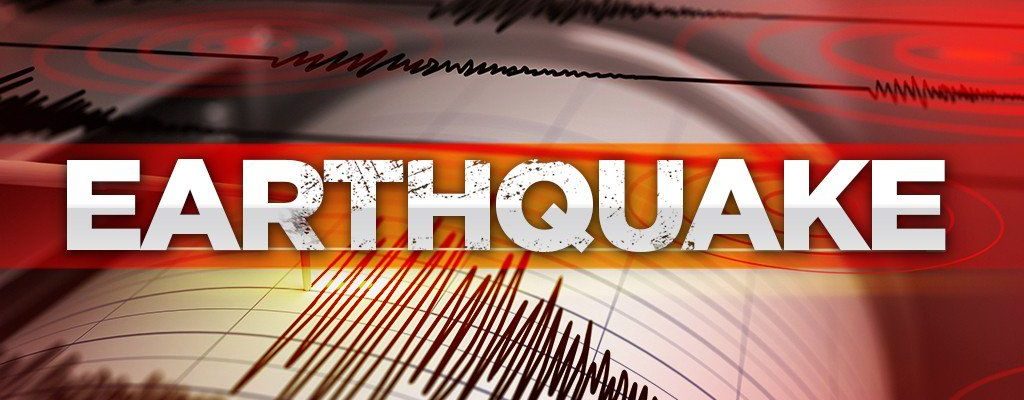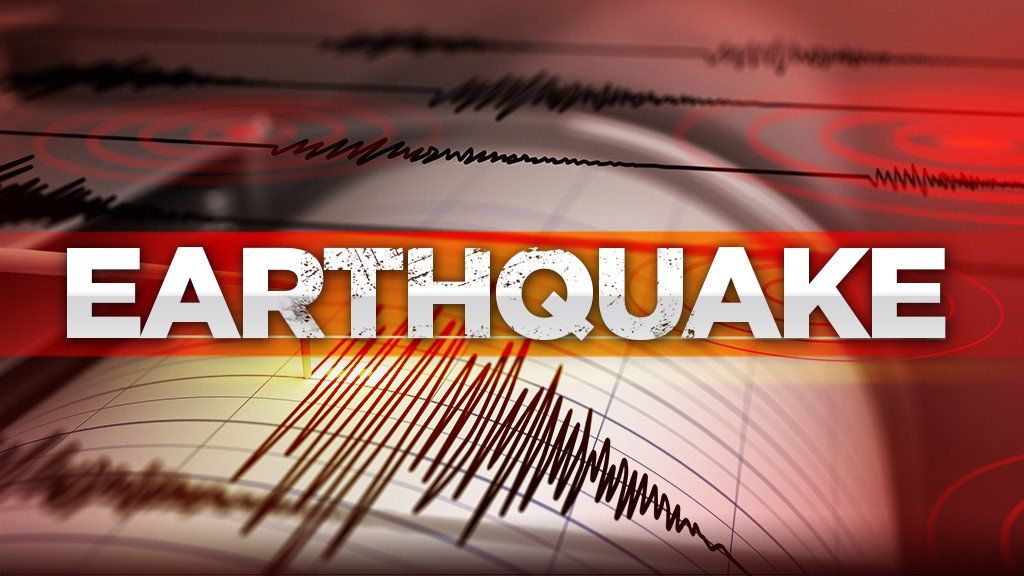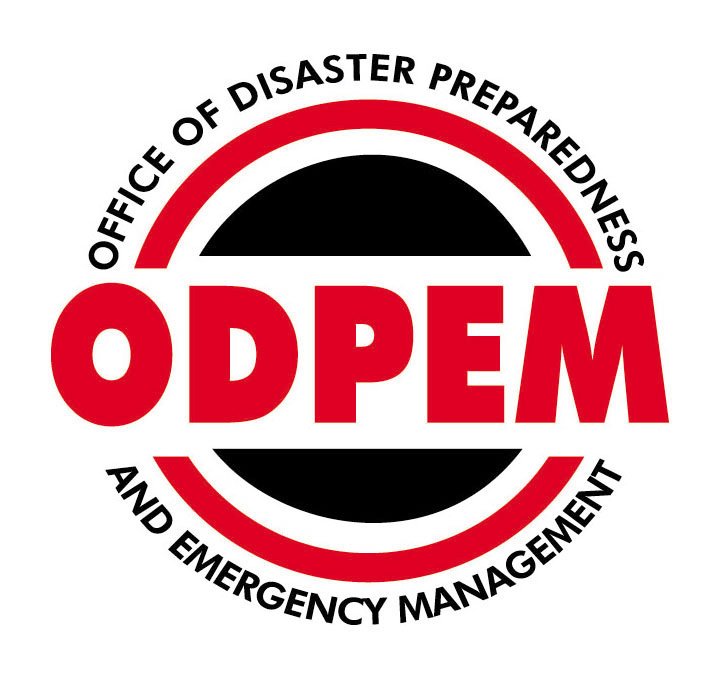

Jamaica, similar to other Caribbean countries, has a longstanding history of being vulnerable to natural disasters such as earthquakes. An earthquake can be defined as a sudden or violent shaking of the earth which may cause injuries and damage to buildings and property.
One of the most catastrophic earthquakes in Jamaica’s history was on June 7, 1962, in Port Royal.
According to the University of the West Indies Earthquake Unit, although the earthquake was felt islandwide, the most extensive loss of life occurred at Port Royal, where a portion of the town sank into the sea. At least 2,000 persons died as a result of an outbreak of yellow fever, which developed after the quake.

Each year, the Office of Disaster Preparedness and Emergency Management (ODPEM), a government agency mandated to take action to reduce the risk of disasters and emergencies, observes ‘Earthquake Awareness Week’ in January.
This year’s Earthquake Awareness Week is being championed under the theme ‘Drop, Cover, Hold…Earthquake Readiness Is Within Your Control’ which is aimed at bringing awareness to citizens about the catastrophic impacts earthquakes and how to be prepared if one occurs.

Here are some useful earthquake awareness tips from ODPEM that can assist in preparing for an earthquake.
Before the earthquake strikes
- It is essential to have a fire extinguisher, first aid kit, flashlight, battery-powered radio, and extra batteries before an earthquake.
- Communicate with family members where to meet in case an earthquake has occurred.
- Turn off gas, water, and electricity.
- Position furniture and other heavy objects on the wall or floor.
- Remove heavy objects from shelves because they may fall during an earthquake.
During an earthquake
- Do not use elevators during an earthquake because they may shut down.
- Do not use matches, candles, or any flame during an earthquake.
- It is important to remain calm during an earthquake in order to think critically and make the right decisions.
- If you are indoors, remain there. Stand in the doorways or crouch under a table or desk.
- If you are outside, remain there. Stay away from objects such as trees, buildings and electric lines which could fall and cause injuries.
After an earthquake
- After the earthquake stops, immediately evacuate the building. Check the exterior of the building to see if there are any cracks in walls, shifted posts and pillars.
- If there are major damages to buildings, do not re-enter the building. Do not re-enter until it has been inspected by a professional.
- Check for safety hazards such as gas or water leaks and electrical short circuits after an earthquake.
- Keep battery-powered radios on and listen for emergency bulletins.
- Be prepared for additional earthquakes and shocks.







Comments